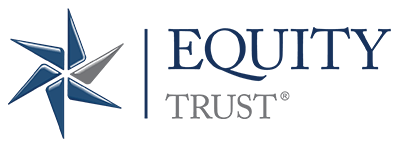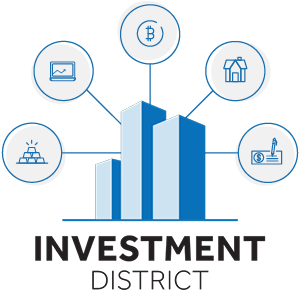Fraud Advisories
Be Aware of Online Scams
With the continued use of Artificial Intelligence (AI) and other technologies, fraud and online scams are increasing at a rapid pace. It is more important than ever to ensure your personal information and finances are secured from outside threats and scammers trying to gain access to your information.
Scammers may impersonate financial institutions through emails, phone calls, or text messages requesting personal or account information. It is imperative to never disclose personal information over the phone or online to untrusted parties. Below are ways that can help consumers be proactive in protecting their identities.
Use Strong, Unique Passwords
- Create complex passwords and avoid using the same one across multiple sites.
Enable Two-Factor Authentication (2FA)
- Utilize multi-factor authentication such as a text message or one time code as an added layer of account security.
Be Cautious with Emails and Links
- Don’t click on links or download attachments from unknown or suspicious emails.
- Always verify the sender’s email address.
- Be aware of urgent messages asking for personal or financial information.
- Legitimate institutions will never ask for sensitive data via email or text.
Check Website URLs
- Ensure websites are secure by looking for “https://” in the address bar.
- Avoid entering personal info on unfamiliar or untrusted sites.
Monitor Financial Accounts Regularly
- Review bank and credit card statements frequently to spot unauthorized transactions early.
Report Suspicious Activity Immediately
- Contact your financial institution and report fraud to relevant authorities (e.g., FTC or local police).
More information on how to protect your personal information online can be found on the FTC Consumer Page.
Please reach out to our client services team at (888) 382-4727 if you suspect any potentially fraudulent activity.
How to Identify Fraud and Scams
According to the Financial Industry Regulatory Authority (FINRA), financial fraudsters tend to target those with higher incomes who are self-reliant, college-educated, and optimistic or open to new ideas. As an individual that is saving for retirement, or near retirement, you can be at a higher risk for being targeted by a financial fraudster.
While it is ultimately your responsibility as the account owner to conduct due diligence and evaluate potential investments, we make our clients aware of investment fraud warning signs through education.
Signs of a potentially fraudulent investment:
- It sounds “too good to be true”
- Promise of excessive rates of return
- Pressure to “act fast”
- Incomplete investment documentation
- Assurance that the investment is “safe and secure”
With assistance from the Retirement Industry Trust Association (RITA) and regulatory education, Equity Trust has compiled a list of governmental and industry resources to help you combat fraud, as a self-directed investor.
Equity Trust Alert: Be Vigilant of Potential Scam Callers Impersonating Equity Trust Employees
U.S. Securities and Exchange Commission (SEC) Office of Investor Education and Advocacy (OIEA – investor.gov) Investor Alerts and Bulletins:
Commodity Futures Trading Commission (CFTC), Financial Industry Regulatory Authority (FINRA), and North American Securities Administrators Association (NASAA)
Federal Trade Commission (FTC) Consumer Advice:
Please note: Outside of FDIC insured investment products, all investments carry risk including loss of principal. No governmental agency or IRA custodian approves or guarantees investments.







